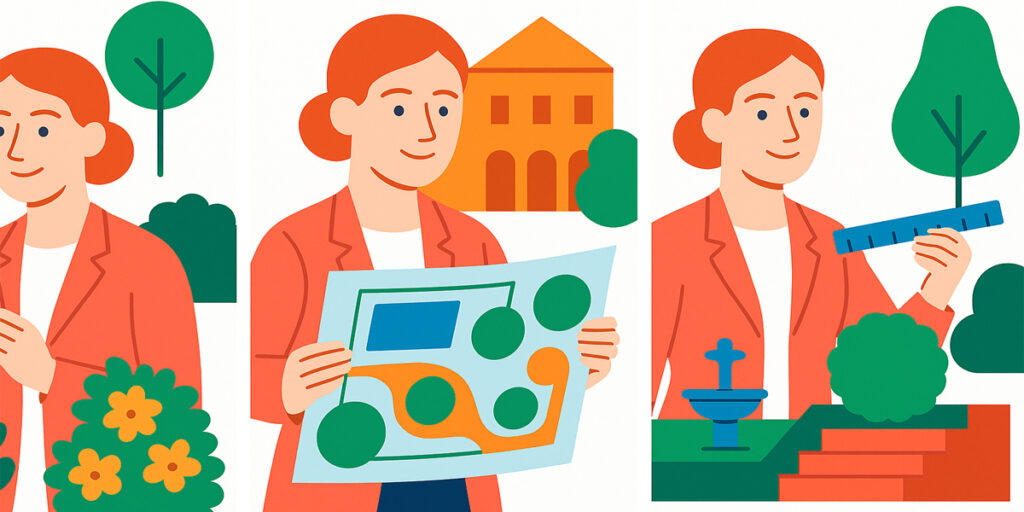The morning light often casts a soft glow on the unexpected paths people walk to shape the world. One such path began in the southern heart of Africa, where a young girl watched her country rise from colonial shadows into independence. That girl, Dambisa Moyo, would grow to become a bold and brilliant voice in the world of economics—a voice that would question, challenge, and ultimately help redefine global development.
From the very start, Dambisa carried herself with calm certainty. She was born in Lusaka, Zambia, to parents who believed deeply in education, discipline, and a sense of duty not just to oneself but to society. Her childhood was filled with conversations about policy, ambition, and the future of Africa. While other children chased butterflies, Dambisa chased answers. Not because someone told her to, but because she understood that knowledge is the strongest bridge between hope and progress.
Her journey was not just about numbers and charts. It was about questions that most didn’t dare to ask—questions about why some countries thrived while others remained stuck, why billions in aid had not lifted Africa the way it promised, and why the global economic system still failed to include so many.
She didn’t just go to school—she excelled across continents. Her academic steps led her through some of the world’s most respected institutions, including Oxford and Harvard. She collected degrees the way others might collect stamps—not for prestige, but as tools to build something greater. Every classroom she entered, she didn’t just absorb; she transformed. She didn’t just write essays; she wrote frameworks that would later shake the world of development economics.
By the time she stood on the world stage, Dambisa was not simply a Zambian economist. She was a global thinker with an African heartbeat, a woman who stood between cultures, between systems, between the past and the future. Her voice was calm but sharp, her message simple but revolutionary.
She wrote with clarity, with purpose, and with courage. Her books sparked debates in boardrooms, parliaments, and universities. She was unafraid to say what needed to be said: that the traditional model of foreign aid, especially in Africa, was broken. That handouts without accountability built dependency, not prosperity. That real growth needed investment, infrastructure, innovation.
These were not just critiques. They were calls to action. And they came from someone who loved her continent deeply. She wanted to see African nations rise, not as beneficiaries but as leaders—steering their own ships, creating their own futures.
Her first major book stormed into the spotlight like a fresh wind through dusty halls. It was provocative, yes, but also deeply researched. She questioned decades of policy, gently but firmly pointing out that good intentions had not always delivered good results. Her words traveled across continents, translated into many languages, carried into conversations from the World Bank to rural town halls.
People listened. Some resisted, some debated, but many were moved. Because what Dambisa offered was not just criticism—it was vision. She spoke about capital markets, governance, and transparency not as cold economic terms but as living, breathing keys to unlock freedom for billions.
She became an advisor, not just to presidents and policymakers, but to global institutions and top companies. Her insights weren’t reserved for one region or one ideology. They applied in Beijing and Berlin, in Lagos and London. She moved effortlessly between cultures, never losing her authenticity. She brought African wisdom into global conversations and made global economics more human in return.
There was something magnetic in how she carried herself. She wore her intelligence with grace. She didn’t seek fame, yet it followed her. She didn’t ask for power, but her words shaped decisions in rooms where the future was being written.
Her success didn’t soften her focus. If anything, it sharpened it. As the world faced financial crises, technological shifts, and climate change, Dambisa expanded her lens. She began to speak not just about Africa, but about the broader economic systems that governed us all. She talked about debt, about leadership, about long-term thinking in a short-term world. And always, she did it with elegance, with facts, and with an unshakable sense of moral clarity.
Many admired her because she was brilliant. Others respected her because she was brave. But those who truly listened found something more: a sense of direction. A feeling that the world could be reimagined—not just tweaked or fixed, but redesigned with fairness, foresight, and freedom at its core.
Her impact cannot be measured only in policies changed or books sold. It lives in the minds of young economists she’s inspired, in the leaders who now think twice before signing unchecked aid deals, in the women across Africa who now believe they, too, can sit at the table and shape global policy.
Dambisa Moyo didn’t become a symbol. She stayed a scholar. She never raised her voice, but her message echoed across continents. She showed that elegance and force can live in the same sentence, that being from a small country doesn’t mean having small ideas, and that courage in economics is not about shouting louder—it’s about thinking deeper.
She stands today not just as an economist, but as a quiet force reshaping how the world sees development, responsibility, and the path forward. Her life is not just a story of success, but a lesson in dignity—of rising from your roots without forgetting them, of questioning the status quo without becoming bitter, and of building bridges where others only saw walls.
In every speech she gives, in every boardroom she enters, she carries something rare and powerful: a mind trained for complexity, a heart tuned to justice, and a vision big enough to hold a better world. Not just for Africa. Not just for women. But for everyone.




















